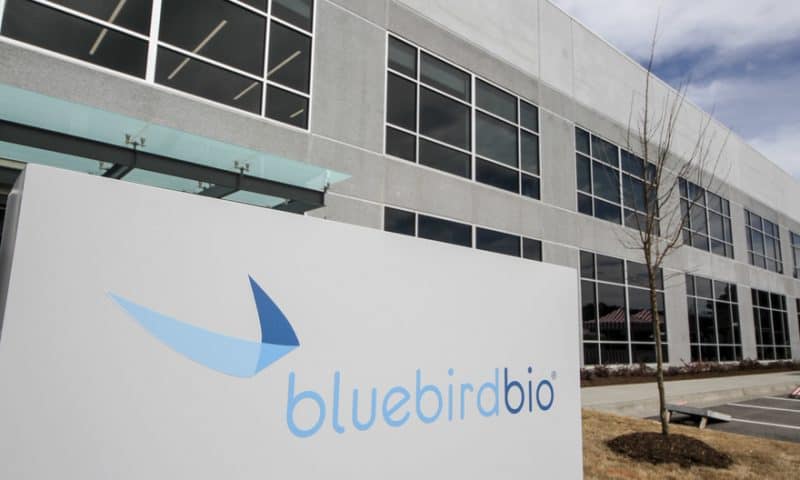Bluebird bio has suspended two clinical trials of its sickle cell disease gene therapy after participants developed acute myeloid leukemia (AML) or myelodysplastic syndrome (MDS). During the pause, bluebird will evaluate whether the BB305 lentiviral vector is linked to the cases of AML and MDS.
The AML case involves a patient who was received LentiGlobin gene therapy for sickle cell disease in a phase 1/2 clinical trial more than five years ago. It is currently unclear whether the development of AML is linked to the BB305 lentiviral vector used in bluebird’s gene therapy.
Bluebird also recently learned of a case of MDS in a participant in the phase 1/2 clinical trial. The patient is the second recipient of the gene therapy to develop the bone marrow disease. Bluebird concluded the 2018 case was a result of the chemotherapy the patient received to prepare them to receive the gene therapy. That patient had a classic MDS mutation and no vector in the blast cells.
Talking to investors on a conference call, bluebird CEO Nick Leschly put forward several potential explanations for the new cases of AML and MDS. Spontaneous genetic mutations unrelated to the gene therapy could account for the cases, as could preconditioning chemotherapy or other aspects of the patients’ conditions and treatment. Yet, bluebird cannot currently rule out a causal role for BB305.
“There’s insertional oncogenesis, or vector-mediated malignancy, a known risk of gene therapy using viral vectors,” Leschly said. “LentiGlobin uses a self-inactivating or SIN lentiviral vector with a lineage specific promoter that has been specifically designed to minimize the risk of insertional oncogenesis. No evidence of insertional oncogenesis related to lentiviral-vector based hematopoietic stem cell gene therapy has been reported in any indication thus far. However, this remains an area of inquiry.”
Bluebird is waiting on samples that will enable it to determine whether the MDS patient’s tumor cells are carrying a vector sequence. The tumor cells of the AML patient do contain vectors, but Leschly said there is currently insufficient information to determine causality. The vector could be “a passenger to a cell that has acquired a malignant phenotype” via another route, the CEO said.
Elements of the investigation could start to deliver data in the coming days, while other studies will take weeks to complete. Bluebird singled out cytogenetic assessments of neoplastic cells as work that could deliver answers quickly. Leschly said the timeline for the investigation will certainly be “measured in the context of weeks as opposed to months.”
Bluebird brought its transfusion-dependent beta thalassemia gene therapy Zynteglo to market in the EU without seeing a case of hematologic malignancy. However, bluebird has suspended marketing of the product as it uses the same lentiviral vector as the sickle cell disease gene therapy.
Shares in bluebird fell 30% following the news.

